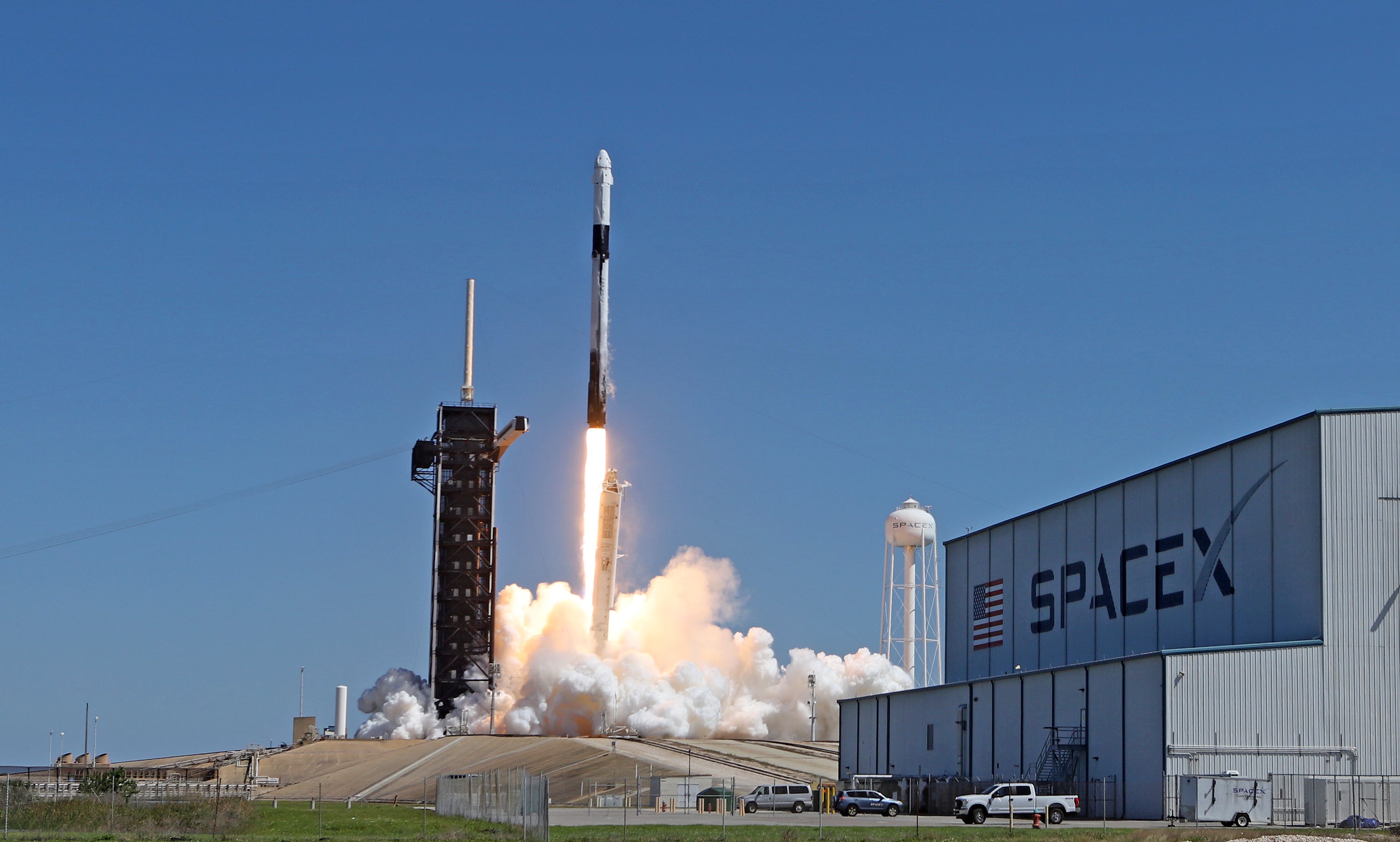SpaceX president predicts humans will land on Mars ‘within a decade’
‘Within five or six years, people will see that [Mars] will be a real place to go’, Gwynne Shotwell said

SpaceX’s president and chief operating officer has predicted that humans will reach Mars before the end of the decade.
In an interview with CNBC, Gwynne Shotwell said that the private space company “should put people on the surface of Mars within a decade.”
Ms Shotwell continued: “I think we need to get a large delivery to the surface of Mars, and then people will start thinking harder about it,” adding “then, I think within five or six years, people will see that that will be a real place to go.”
The prediction echos that of SpaceX founder Elon Musk. The SpaceX chief executive made the comments talking to podcaster Lex Fridman at the end of last year.
Mr Fridman asked Mr Musk for an estimation of how long it would take to reach the Red Planet, to which Mr Musk replied: “Best case is about five years, worst case 10 years.”
The estimate is based, Mr Musk said, on factors such as “engineering” the SpaceX Starship that would take humans there. “The fundamental optimization of Starship is minimizing the cost per ton to orbit and ultimately cost per ton to the surface of Mars”, he said.
“There is a certain cost per ton to the surface of Mars where we can afford to establish a self-sustaining city, and above that we cannot afford to do it.”
The billionaire believes that terraforming - blasting the planet with nuclear weapons at its poles to cause the ice caps to melt and induce accelerated warming – will be a key component to live on other planets.
“Life in glass domes at first. Eventually, terraformed to support life, like Earth,” he has said. “Terraforming will be too slow to be relevant in our lifetime. However, we can establish a human base there in our lifetime. At least a future spacefaring civilization – discovering our ruins – will be impressed humans got that far.”
The earliest inter-planet Starship missions could take place in 2024 or 2026 when the orbits of Earth and Mars line up.
Martian settlers could grow increasingly autonomous and could slowly stop sharing information with mission control, according to a 120-day isolation test called Project Sirius of ‘colonists’ simulated in an extra-terrestrial environment.
During the test, which recreated pressurised chambers, landing operations, and a five-minute delay between the subjects and mission control, it was found that the crew quickly functioned confidently and worked collaboratively.
“The communication characteristics of crew members with different personalities, genders and cultures became more similar during the mission,” co-author Dmitry Shved of the Russian Academy of Sciences and the Moscow Aviation Institute said.
Join our commenting forum
Join thought-provoking conversations, follow other Independent readers and see their replies
Comments
Bookmark popover
Removed from bookmarks